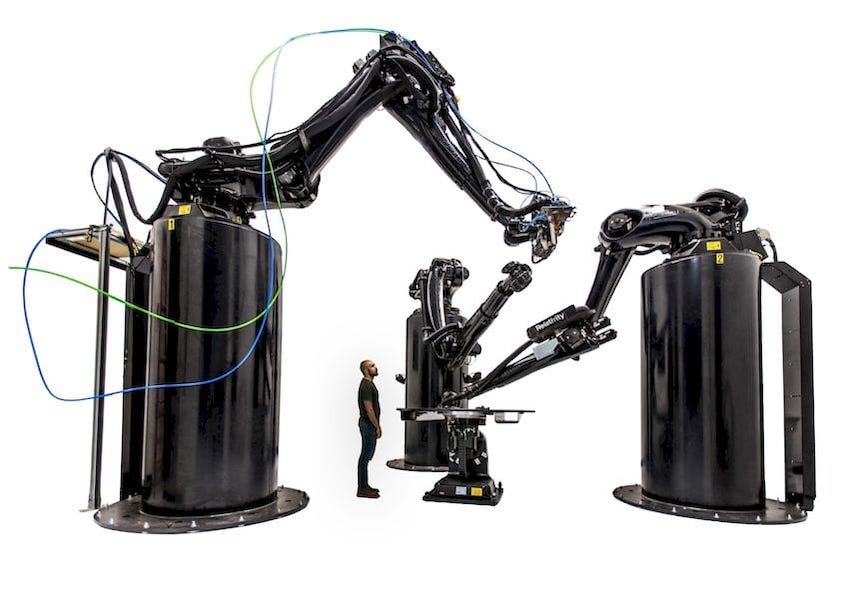
It seems that Relativity Space’s dreams of a 3D-printed rocket may be heading sideways.
An investigation undertaken by Ars Technica revealed the high probability of significant valuation losses by the company.
It’s a probability because Relativity Space is a privately held company and is not required to publicly disclose its financials. However, Ars Technica reviewed certain investment funds that hold a stake in Relativity Space and did some arithmetic.
According to their investigation, the company, which was valued at an enormous US$4.5B not that long ago, has suffered a significant decrease in valuation. Ars Technica showed that Fidelity’s stake in the company valued the shares in March 2024 at US$19 each. In November, the same report valued those shares at only US$0.52, a drop of something close to 97% of the peak value. Ars Technica explains:
“However, in a report ending November 29 of last year, which was only recently published, Fidelity’s valuation of Relativity plummeted. Its stake in Relativity, valued at $31.8 million last March, was now thought to be worth just $866,735—a per-share value of 52 cents. Shares in the other fundraising rounds are also valued at less than $1 each.
In other words, what was once valued as a $4.5 billion company might now be worth something around $100 million, at least according to one of its institutional investors.”
The reason for the drop is very likely because Relativity Space changed its strategy. Its original plan was to develop a system to 3D print entire rockets. Not just the engines, but almost everything else. This could have enabled rapidly iterating development of rocket systems.
They succeeded and launched a rocket made in this way — but only once. At that point, the company wanted to increase the size of its rocket, and the 3D printing approach would not have been economical. They switched to a more conventional approach to building their larger Terran R rocket.
However, switching strategies causes delays, and during those delays, they aren’t making any money. Meanwhile, many competitors have emerged and are scooping up the business that might have been committed to Terran R rockets in the future. The result seems to be that investors are devaluing the company, at least internally.
It appears that the company overestimated the capability of 3D printing approaches with their initial strategy, leading to the switch.
Could this have a negative effect on 3D printing? I believe it could. Investors less familiar with the situation may only understand that Relativity Space was “that company that tried to 3D print a rocket”, and had big trouble doing so. The next time an entrepreneur shows up at their door pitching a project to 3D print something large, they may recall the Relativity Space scenario and raise the risk on any similar projects. It could result in lower investment in 3D print projects.
It’s not good news for the 3D print industry, but here we are.
Via Ars Technica
